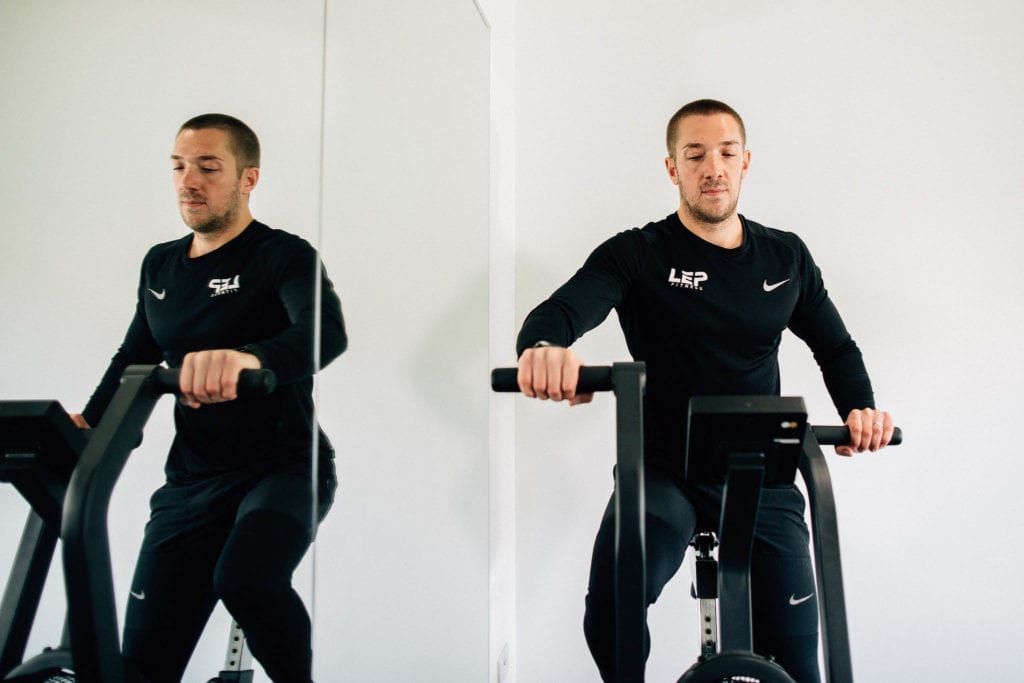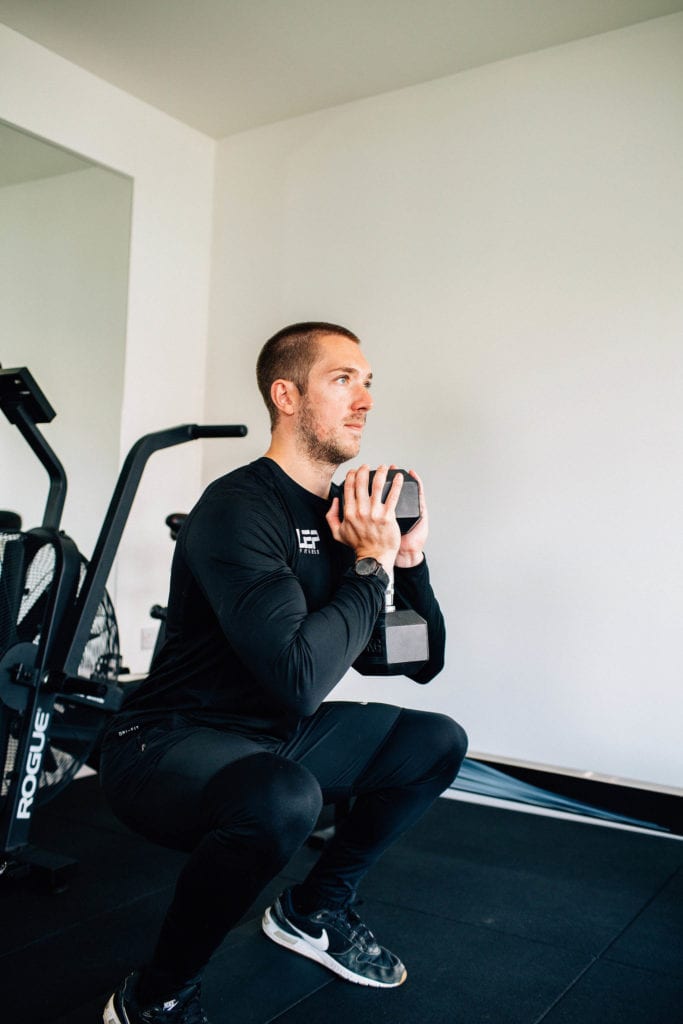10 Things To Know About Your Fitness Journey
13/05/2021
So, you’ve finally decided to take on a new fitness routine. You maybe feel excited but aren’t sure where to start or how to do it successfully?
As many of those who’ve been through any fitness journey would tell you, it’s never easy. But, having someone to help you along the way, be it in the form of a fitness coach or trainer, may help you achieve better access.
What are the things you need to know about your fitness journey? Check the following points for consideration.
1. Have A Clear Fitness Goal
There’s no way you can measure fitness milestones or successes without having a baseline. This means you must set your objectives before starting your journey. Do you want to lose weight? Do you need to lose fat but not muscles? It’s important to know what you want and what you need to do to get there.
Your fitness goal is important in knowing whether your fitness program is working (or not). Apart from determining your progress, knowing your goals will help you and your fitness coach determine which exercise routine works best for you.
2. You Need To Consult With Your Doctor
You’ve probably heard this too many times: consult your physician before embarking on a new fitness routine. While most of you may not see the need to do so, a medical clearance and recommendation from your physician is helpful to know which specific physical exercises you may need to avoid and those that may help you with your fitness goals. An overall assessment of your physical fitness is crucial in creating the most appropriate plan to help achieve your fitness objectives successfully.
3. Have Regular Health Checks
Tracking your progress doesn’t only mean loose-fitting clothes for weight-loss goals. So is a tighter fit on the armhole.
To really know if your fitness goal is moving on the right track, or isn’t causing unnecessary health problems, have your basic body measurements taken. Apart from taking your weight, body fat, and other measurements, ask your doctor to measure the levels of cholesterol and fat in your blood.
4. Working With A Fitness Trainer Is Beneficial

If you haven’t stepped inside a gym, ever, it’s important to have a personal trainer, even for just the first month. A fitness coach can help design your fitness program, teach you the proper breathing techniques when working out, or in handling home gym equipment and more.
It’s important to have an in-depth discussion with your trainer about your present activity levels, fitness goals, and other issues, health-related or otherwise, may impact your objectives.
5. Changes Can Take Time
In life, it may not be necessary to rush things. The same goes for your fitness journey. It’s not unusual for a first-timer to set unrealistic goals for a weight loss journey. Your fitness and health professional may help put you on the ground.
As such, don’t go to the gym thinking you can make 100 push-ups in your second session. Pushing yourself too much, too soon, may even cause injuries that impede your fitness journey.
Always start small and take it easy.
6. Your Activities Hinge On Your Fitness Goals
As mentioned, your fitness plan will depend on your objectives. If you merely want to strengthen your heart, or perform exercises such as crunches, shuffles, jumping jacks, squat jumps, lunges, planking and burpees, can all be part of your exercise routine.
If you’re planning to beef up your muscles and enhance strength, your programs should include lifting weights, and mixed exercises that target specific muscle groups. You could do workouts such as German body composition training or GVT.
7. Quality Matters More Than Quantity
Most of the things you need to do may already be outlined in the fitness plan. But the time you spend in the gym or working out at home may vary depending on what’s highly convenient for you. For instance, most people prefer to have weekend workouts for up to four hours, while some would prefer to have the hours spread out for the whole week.
However, a good rule of thumb is, quality is better than quantity. More than thinking about the hours you spend in the fitness facility; you should pay more attention to how you spend it. You may have spent two hours in the gym, but if you’re often interrupted by phone calls, or checking your social media accounts, rather than actually sweating it out, it’ll be futile.
8. Rest Is As Important As Working Out
You may not know this, but much of the muscle-building process happens when you’re taking some rest.
Physical activities cause minor tears to your muscles and sometimes, joints. When this happens, you need to give some time to recover by taking some rest. Your muscles and joints recover faster during your downtime, although it doesn’t mean you need to become immobile.
During exercise, you need to take a few minutes to rest your body and allow it to recover. Rest period will depend on the intensity of the physical activity. It goes without saying you need more idle time to recover from a muscle-intensive exercise such as lunges and squats, as compared to light physical exertion like lifting dumbbells.
If you’re looking to increase endurance, though, it may be best to maintain your heart rates raised by moving fast and limiting your rest periods.
9. Know What To Eat
Food fuels your body. And if you’re doing heavy lifting or other vigorous physical exercises, the food that you eat should be able to help you do it well. A healthy diet consists of generous portions of fruits and vegetables, as well as fiber and complex carbohydrates.
Eating healthy may be enough, but there may be a few diet tweaks that you need to do. Individuals who need to develop muscles may have to eat more protein-rich foods to help them achieve a heavier physique. Some may even resort to nutrient supplementation.
10. You Will Hit A Plateau
If you’re just starting your fitness journey, hitting the gym at least three times per week may be a reasonable schedule. As time passes, you’ll require more time and more intense workouts to see visible progress.
As your body develops high adaptability to your exercise regimen, you may notice you’re not making any progress at all. When this happens, it’s important to switch some of your weight training routine. You may consider using other cardio machines, and challenge your body to do more, within reasonable limits.
The Bottom Line
Before anything else, it’s crucial to set clear fitness objectives before starting your fitness journey. Seek the help of professionals to help you come up with an appropriately-drafted fitness plan. Start small, don’t be discouraged when setbacks crop up, and be conscious of the changes in your body, both visible and intangible.
Most of all, don’t forget to enjoy yourself.
